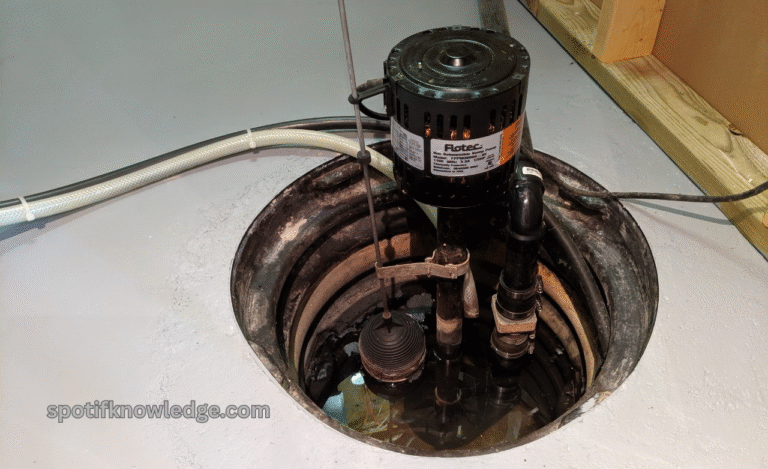So, maybe “sump pump” doesn’t exactly spark joy or top anyone’s dinner conversation. Still, if you own a property with a basement, this chunky little device is way more important than it seems at first glance. It’s one of those things you don’t really think about until there’s a foot of water where your favorite beanbag used to be. Trust me, it happens more than you think.
A Quick Story: Water, Meet Basement Carpet
I’ll go first—I had a friend who always joked about his “indestructible” basement. Until one night, after a monster thunderstorm, he was ankle-deep in cold water and staring at his prized comic book collection, floating by like a sad parade. Turns out, a broken sump pump was the villain that day. Right then and there, he learned the hard way what a working sump pump really means: peace of mind. Not just for comic books, but, honestly, for your wallet and even your health.
Why Sump Pumps Matter More Than You Think
Here’s the heart of it: most basements sit below ground level. Water’s sneaky—I mean, it’ll find its way in whether it’s from big rainstorms, melting snow, or just the random quirks of your home’s pipes. If it pools up, you’re in for mold, dampness, weird smells, and the kind of repairs that could make anyone wince. Sump pumps just hang out, quietly collecting water in a specially dug pit (called, naturally, a sump pit), and when the water gets too high, out it goes. You don’t even notice, except you never have to squish through soggy rugs.
It’s Not Just About Water Damage
Let’s paint a picture. Besides the soggy mess, it’s about your investment, too. Water can ruin walls, warp wood, and even mess with the foundation. And mold? It definitely doesn’t help allergies or breathing issues. For a lot of families, especially if you store stuff in your basement—think off-season clothes, family heirlooms, maybe that treadmill you swore you’d use—losing things to water just feels like a double gut punch.
A Few Tips for Sump Pump Peace of Mind
So, you want the comfort of never waking up to unexpected indoor ponds. A couple tricks I’ve learned (the hard way):
- Check your sump pump every few months, especially before rainy seasons. Unplug and plug it back in—make sure it hums like it’s supposed to.
- Keep the pit clear of gunk; random debris is the enemy.
- Consider a backup battery, just in case the power goes out during a storm.
- If you’re overwhelmed, or it just seems off, get a pro to look at it. A quick check-up is a lot cheaper than a big repair.
If you need the nitty-gritty or want a deeper dive from the experts, the folks over at Bob Vila’s site break down all the details pretty well.
Final Thoughts (Well, Sort Of)
When it comes down to it, a sump pump is one of those hidden champions in your property. It’s cheap insurance for your stress levels and your stuff. Even if you never have to thank it, you’ll be so glad it’s there the next time the skies open up. Maybe not thrilling, but definitely worth it. Read More

